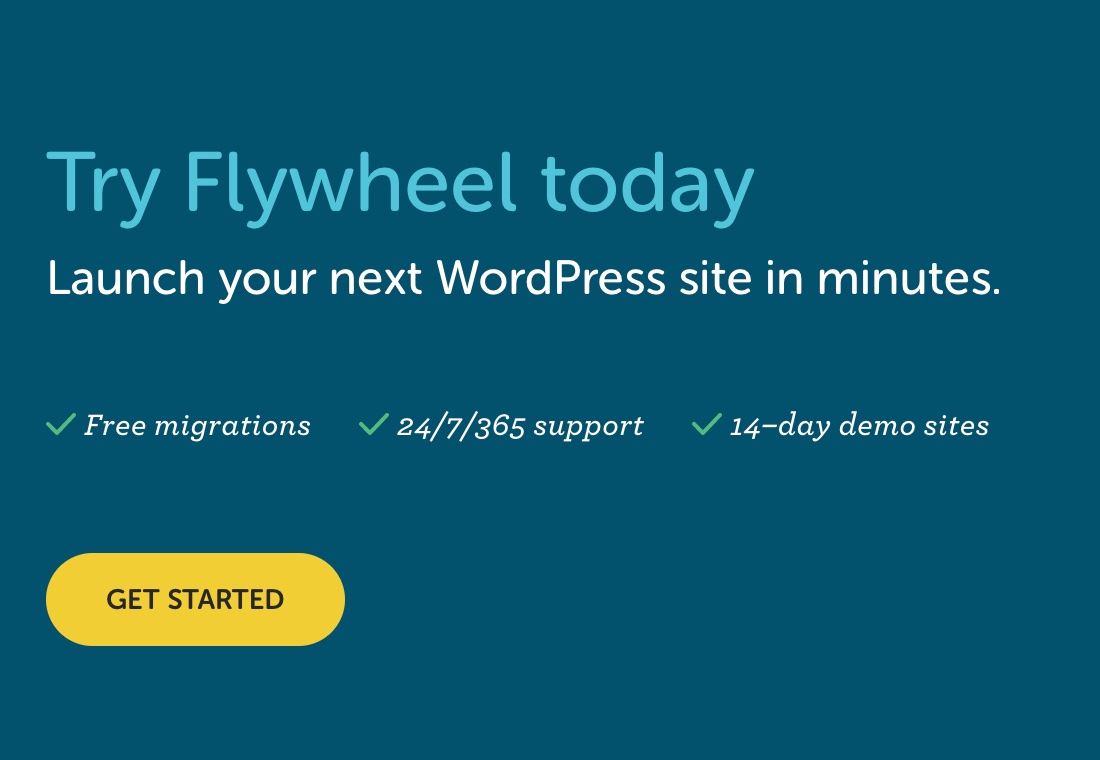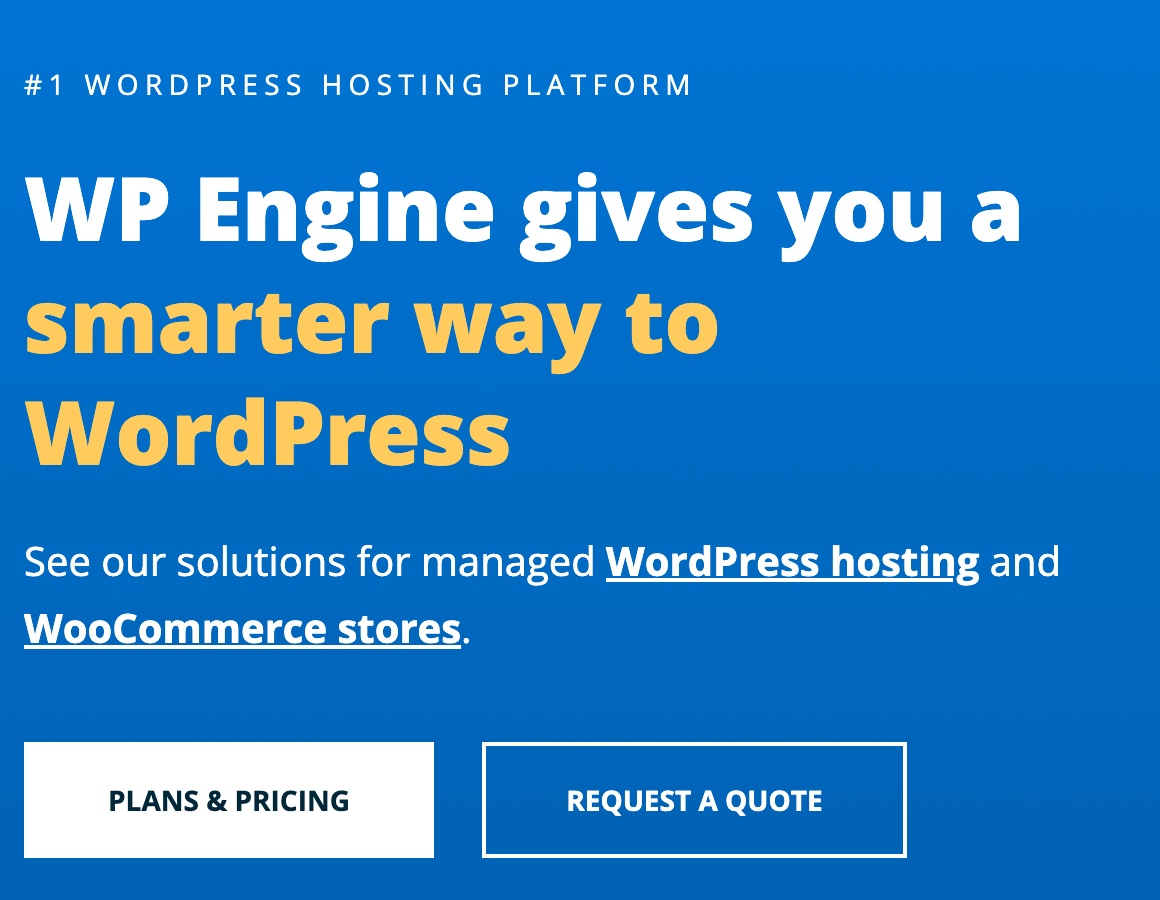What you didn’t think about discussing in the hiring phase that will help your project go smoothly and quickly
As an expert Freelance WordPress Developer for over 10 years, I have made some observations that seem to hold true from client to client and project to project – here is a compilation of these observations.
They are unique in that they have been things that almost NO clients have asked me about in our initial discussions, prior to starting a development project, yet might have been something that would have helped the project along had they been discussed upfront.
So my dear client searching for a WordPress Developer of the freelance variety – bare these in mind while reviewing your choices of contractors out there. I would of course encourage you to skip the search altogether and contact me to see if WordPress Sherpa is a fit for your project.
1. When Does Your Freelance WordPress Developer work?
Burnin’ The Midnight Oil…
In this modern age of remote working and hiring it is not uncommon to hire a temporary employee such as a freelance or contractor that not only works off-site but might even be in a different time zone – or further yet, a whole different continent!
From what I have noticed this is totally fine and people seem to understand they need to accommodate time zone adjustments on a project schedule.
Developers can be funny creatures – some prefer to sleep through the day and work during the late hours of the night. Others, such as myself, tend to work during the daytime. Obviously, if the former developer has a question and sends an email, it won’t be received by you, the client, until the next day. While this isn’t a huge problem from time to time, even I have been working late to catch up and had to send an email that wouldn’t be answered until the next day, the issue arises if this is the developer’s mode of working.
You can imagine how this delay in communication, time and time again throughout a project, might add up to days of delay to get a project done. Therefore it is my recommendation to talk about this with your potential freelance WordPress developer or designer and find out when they work.
2. What is Your Potential Web Developer’s workload?
How Many Monkeys?
This subject tends to be a bit of a wildcard as our schedules vary greatly. Sometimes we developers are booked light and only need to spend a couple of hours in a day working. Other times our projects get all piled up together, despite our best efforts to manage timelines and workloads, and we’re pulling 14-hour days trying to get deadlines met!
This pile-up of projects makes no one happy – we developers are tired and clients get impatient.
What I have learned is that sticking to a maximum number of ACTIVE projects at any one point in time is key to managing project pile-ups. This is different than the number of clients as there is no need to limit that. I have many more clients than active projects as clients tend to need me only on an irregular basis – developing a new site or adding features to an existing one.
My personal recommendation is that your freelancer only has around 4 active large projects – large being full website builds, or 8 small projects, things that are not full site builds.
Of course, every developer is different and you need to feel out your developer and see what they can handle. Some are dev monsters and work 28 hours a day in which case he or she might be able to handle 8 full WordPress website build-outs at once! I will just say here to be aware that every person burns out – the tortoise and the hare, right?
3. What is this Freelancer’s Preferred Means of Communication?
Breaker, Breaker 1-9-0. Do you Copy?
Don’t underestimate this one. We ALL have our preferred means of communication as developers and as clients. Some people prefer simple and old-fashioned while others prefer the latest high-tech super efficiency.
I of course have my preferred means though I will stretch out and accommodate additional means of communication if it is important to the client. But it is important for both parties to be aware of what this may cause.
For me, hands down I like email as a primary communication method. Everyone uses it, and things are documented and can be reviewed. There tend to be fewer misunderstandings because I can always go back and re-read what a client wrote and asked for. Sprinkle in a few phone calls of course, usually a pre-project call getting to know one another and then calls as necessary to discuss items that are too complex for the back and forth of emails.
Phone calls often tend to slow website development projects down – the average call is an hour and I would be willing to throw out an estimated statistic that more than 50% is time wasted for me as a developer. That is then 30 fewer minutes I have to be working on the client’s project and as a (nearly) one-man shop every minute adds up!
This then can cause frustration – in my example here the client is frustrated because the developer is hard to get on the phone and the developer is frustrated because the client won’t answer in email.
It is for this reason that I am hesitant to get on tons of calls with a client unless upfront we discussed that the client’s preferred method of communication was the telephone, then I can adjust my cost and timeline according to this communication method.
Of course, there are other methods of communication – video chat, project management tools, and text messages to name a few. Every project is unique as the people involved and certain scenarios may require a specific means of communication. This is of course just something to keep in mind when discussing the primary method of communication on a web development project.
Take some time as a client to think about what works for you and be sure to bring it up with your developer before locking in a deal.
4. Does the agreement detail what is included?
The Devil – he’s in the details.
Many times when I talk with potential clients that are searching for their expert freelance WordPress developer or designer and they are so interested in the cost and if it is in their price range that the details of what the project actually is get left to the wayside.
While this final total IS super important, what is more important, is that you the client are happy with what you paid for and feel your needs were met!
What I have found over the years of freelancing is that a detailed line item project estimate is absolutely necessary for a successful project. In some instances where the client and myself have discussed something in depth but did not make it into the final scope of work, I will have an additional document with notes specifically outlining what is NOT included. This of course for as much clarity and transparency as possible.
I hope these 4 tips help anyone looking for their perfect freelance WordPress developer. These not-so-obvious things are the constant concerns throughout many projects that have made them go very smoothly for us here at WordPress Sherpa. Use these tips wisely my friends.
Written by a friend and fellow web developer, Bret Glassett.




